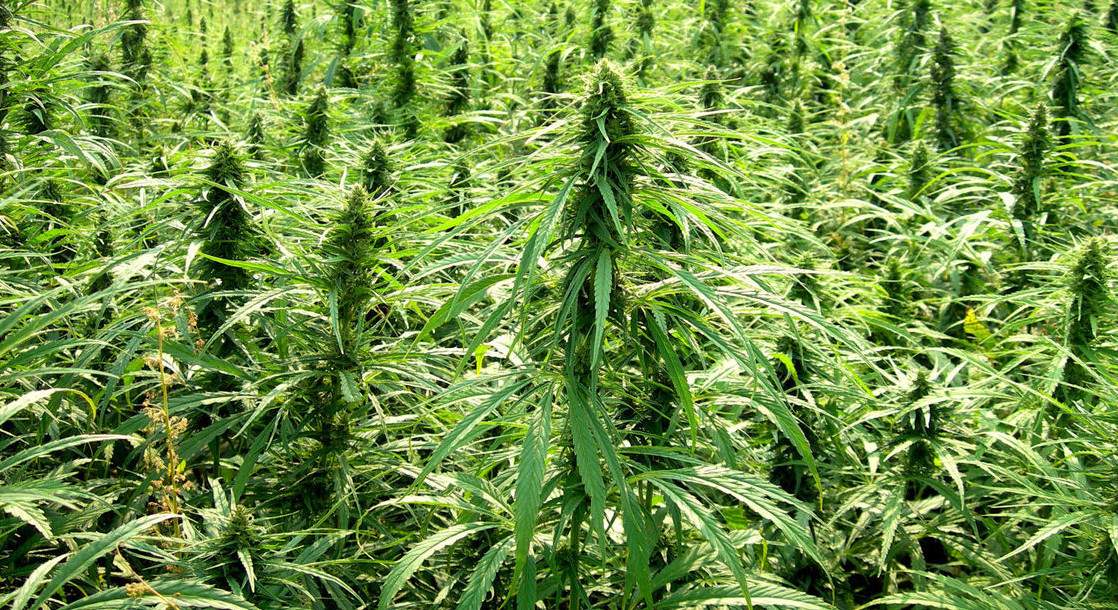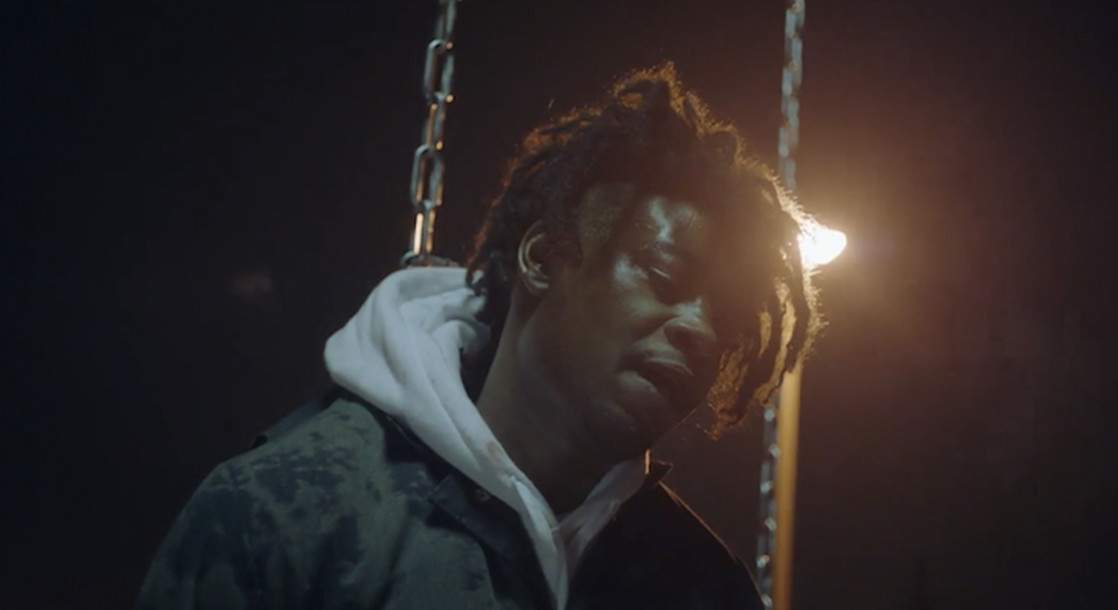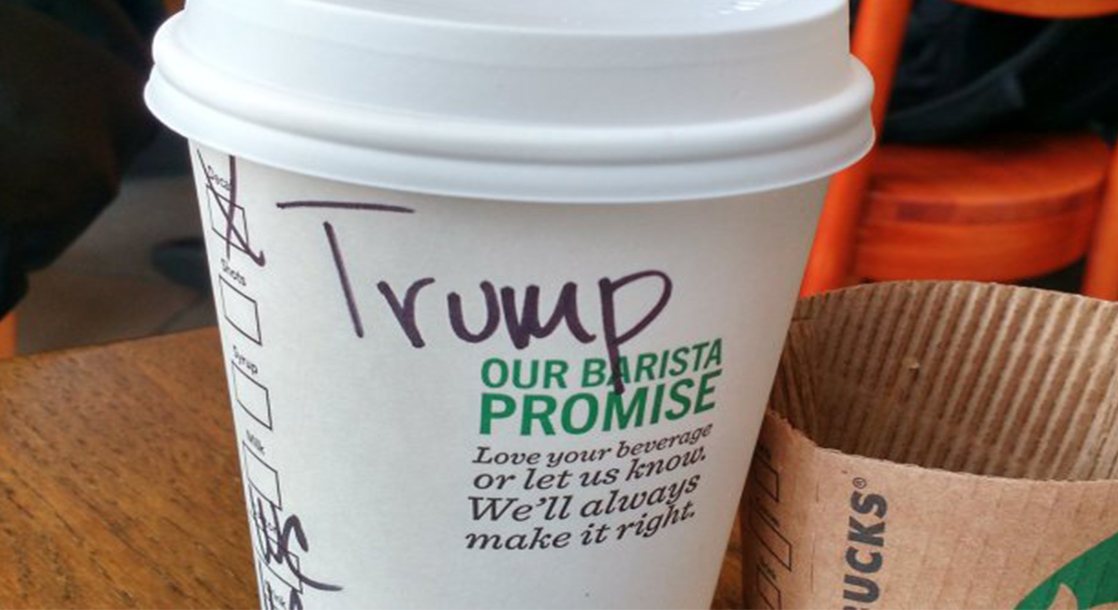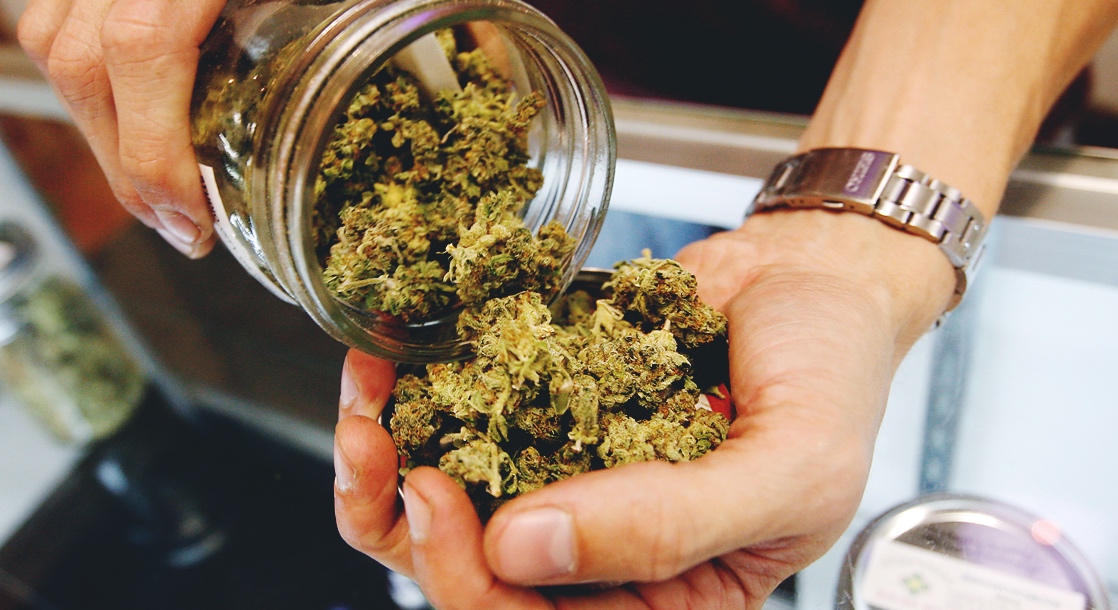In September, for the first time since the 1930s, hemp (a non-psychoactive variant of the marijuana plant Cannabis sativa) was legally harvested in the mid-Atlantic state of Virginia, reports the Richmond Times-Dispatch. While commercial hemp cultivation is still federally prohibited alongside consumer-grade marijuana, Congress passed a Farm Bill in 2014 which allowed for state agricultural departments to license a limited number of growers to produce industrial hemp solely for research purposes. Accordingly, Virginia’s legislature, known as the General Assembly, implemented its own hemp research program in 2015 (along with thirty other states), enlisting three universities and licensing twenty-nine growers to cultivate sixteen different varieties of the fibrous crop.
Researchers from James Madison University, Virginia State University, and Virginia Tech are working with select farmers to examine possible commercial applications for hemp, as well as the best practices for growing it in different areas of the state. Hemp’s absence from Virginia’s agricultural portfolio is a relatively recent phenomenon; prior to the Marihuana Tax Act of 1937, which first federally outlawed cannabis, hemp was a staple crop in the state dating all the way back to the incipient nation’s colonial era, when farms supplied the hemp fiber used for the ropes of the British Royal Navy. “People think it was tobacco that started this colony, but it was also hemp,” said Jason Amatucci of the Virginia Industrial Hemp Coalition—a group lobbying for the resurrection of commercial hemp cultivation in the state.
Hemp has been utilized for thousands of years to produce textiles, paper, and food products, and other countries which legally distinguish it from psychoactive cannabis have kept its production alive, consequently realizing major economic gains. The Hemp Industries Association estimated that the retail value of all hemp-based products imported to the U.S. totals $573 million, including food and personal care products as well as industrial outputs like car parts (which commonly contain hemp). This means the country is missing out on an especially lucrative opportunity for domestic job creation and economic growth at a time when rural regions of states like Virginia are reeling from the decline of long-established industries like domestic manufacturing, tobacco production, and coal mining.
Expanding the scale of Virginia’s currently meager hemp production (only thirty-seven acres in all) would require another act of Congress. Presently two bills are pending that would exclude industrial hemp from being federally classified as marijuana if its concentration of THC (tetrahydracannabinol—cannabis’ primary psychoactive compound) is less than 0.3 percent; nearly seventy times less than conventional kush. The General Assembly is apparently so convinced of the value of hemp that it’s already passed bills permitting commercial production once the federal government finally gets around to relaxing nationwide restrictions.
Yet the state’s legislature just seems to be starting to consider the benefits of changing its attitude towards personal cannabis use. While many states with legal cannabis have constitutions allowing for “home rule”, which enable cities and towns to legislate their own laws on pot and other issues (arguably creating pressure for statewide action as recently observed in Maine),
Virginia is a “Dillon’s rule” state, meaning that localities are mostly confined to enforcing policy delivered from the state level. The city council of Norfolk, the state’s second-largest city, which also suffers from
a documented epidemic against people of color disproportionately prosecuted for marijuana crimes, has debated
since August how to pressure the state legislature to at least consider decriminalization, in order to spare another generation of young and mostly black Americans from being saddled with a prejudiced criminal record. But as 2017 is an election year for statewide offices, Norfolk Mayor Kenny Alexander publicly concluded in October there was “no chance a decriminalization bill will come out of the legislature…I’m trying to be realistic about the process.” He advocated requesting the
Virginia State Crime Commission, a criminal justice research body administered by elected legislators, to study the pros and cons of decriminalization and report to the General Assembly with purportedly more objective data.
However in November, majority leader for the state Senate, Republican Tommy Norment, revealed that he too is also considering how to decriminalize cannabis in Virginia, meaning that Norfolk’s more liberal representatives could have powerful legislative allies across the aisle in their quest to eliminate criminal penalties for cannabis use. More will surely be revealed once the General Assembly reconvenes in January next year, but given that
the state appears to skew more to the political left each election cycle, under a Democratic governor who’s said
he would sign off on medical marijuana legislation, the future of cannabis in Virginia, while still unpredictable, seems more open-ended than ever before.











